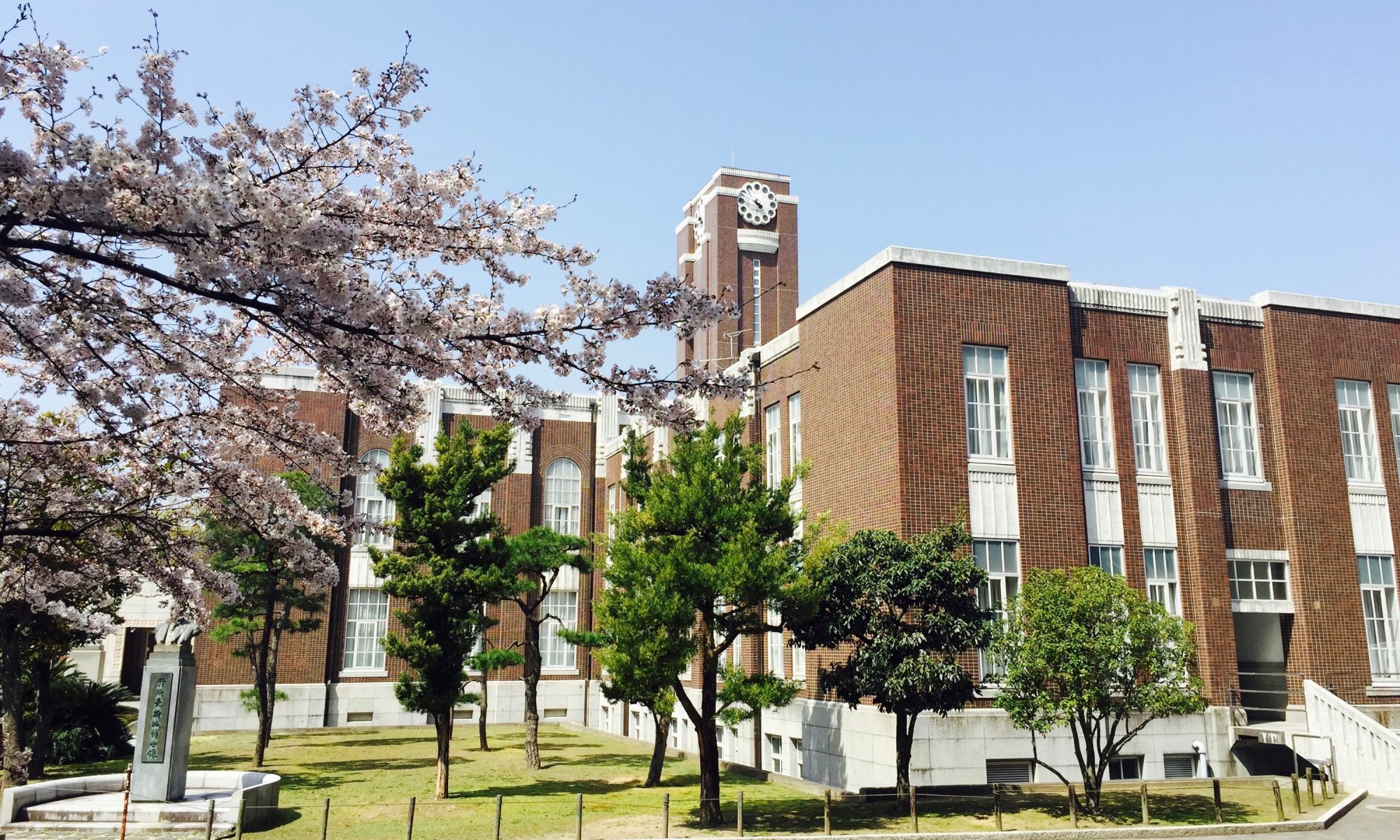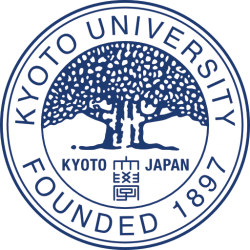Teacher: Somdev VASUDEVA
Course Code: JK44001
This class has a twofold aim. [1.] It introduces the main authors, scriptures, commentaries, and exegetical works describing the practices and theories of systems of Tantric yoga.


Joint Degree Master in Transcultural Studies
Kyoto University | Graduate School of Letters
Teacher: Somdev VASUDEVA
Course Code: JK44001
This class has a twofold aim. [1.] It introduces the main authors, scriptures, commentaries, and exegetical works describing the practices and theories of systems of Tantric yoga.
Course Type: Seminar
Study Focus: Foundations
Term: Spring
Teacher: Kjell ERICSON
Course Code: JK07001
This course aims to develop the academic skills of students specializing in the humanities, and assist them in furthering their participation in research with an international audience. It will focus on reading, writing and discussion/ presentation in English.
Continue reading “Advanced skills for humanities research in English: reading, writing, and discussion”Teacher: KODAMA Satoshi
Course Code: JK49001
This course introduces students to bioethics as an interdisciplinary field of study that looks into ethical, legal, and social implications of life sciences and health care.
Continue reading “An Introduction to Bioethics”Course Type: Seminar (Tutorium)
Study Focus: Foundations
Term: Spring
Teacher: Björn-Ole KAMM
Course Code: JK06001
This course introduces useful and essential skills for academic research to new JDTS students.
Continue reading “Basic Research Skills (Tutorium)”Teacher: Björn-Ole KAMM
Course Code: JK53001
This course engages with game design as a tool for transcultural learning and making research experienceable.
Continue reading “Beyond Play: Game Design for Transcultural Learning”Teacher: Somdev VASUDEVA
Course Code: JK31001
This course is designed as a general introduction to the theory and practice of Indian aesthetics.
Continue reading “Introduction to Indian Aesthetics”Course Type: Lecture & Seminar (Tutorium)
Study Focus: Foundations, KBR, SEG, VMC
Term: Spring
Teachers: ASATO Wako, Björn-Ole KAMM, Somdev VASUDEVA, Mitsuyo WADA-MARCIANO
Course Code: JK01001 (JK02001)
Foundational lecture series that introduces students to diverse disciplinary approaches enabling them to frame their own studies of transcultural phenomena and perspectives.
Continue reading “Introduction to Transcultural Studies”Teacher: Björn-Ole KAMM
Course Code: JK50001
This practice-oriented and interactive seminar seeks to establish an understanding of theories of transculturality, interactivity, immersion, and user agency and various angles of valuable methodology for the study of games and gaming.
Continue reading “Play, Advanced: Transcultural Game Studies 102”Teacher: Björn-Ole KAMM
Course Code: JK33001
The focus of this practice-oriented and interactive seminar lies on theoretical concepts and analytical techniques useful to engage transculturality in the cross-disciplinary research field of game studies.
Continue reading “Play, Transcultural: Interdisciplinary Game Studies 101”Teacher: ASATO Wako
Course Code: JK32001
This class will cover social research methods, mainly qualitative research. In view of the relaxed restrictions on movement under COVID-19, we are also planning to conduct fieldwork.
Continue reading “Qualitative Research and Community Fieldwork in and around Kyoto”